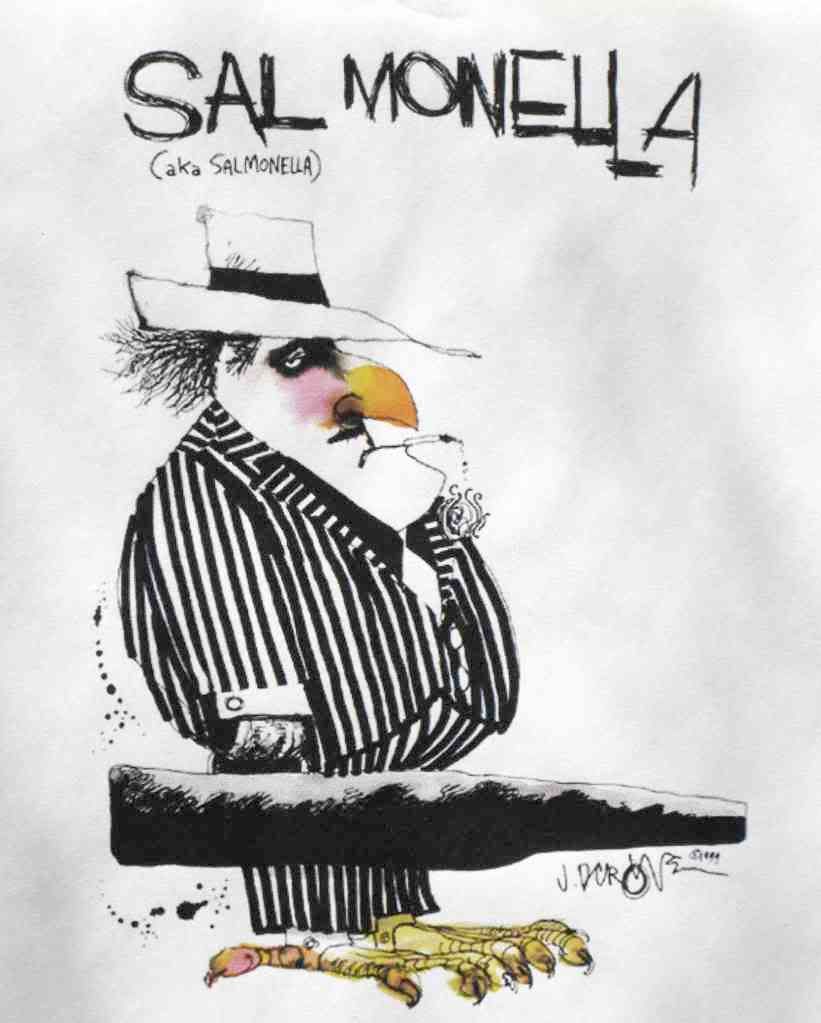 With all the focus on melamine in milk powder and other dairy products and ingredients from China, the international media have largely overlooked an old familiar food safety problem that has reappeared this year – Salmonella contamination of powdered milk.
With all the focus on melamine in milk powder and other dairy products and ingredients from China, the international media have largely overlooked an old familiar food safety problem that has reappeared this year – Salmonella contamination of powdered milk.Last month, Spain's National Reference Laboratory of Salmonella (NRLS) noted an unusually high number of isolates of Salmonella enterica serotype Kedougou – a type of Salmonella that is found rarely in Spain. In all, 29 people – 23 of them under one year old – had been infected with the identical strain of Salmonella Kegoudou. Six of the infants were hospitalized as a result of their symptoms. One of the adult victims was the father of an infected infant.
Spanish authorities were able to determine that at least 19 of the infants had been fed the same brand of powdered milk formula in the week before they began to exhibit symptoms of salmonellosis. The formula was manufactured by Santuri, and sold under the brand names "Confort" and "Natur." Five batches of the implicated milk formula were recalled and an alert was issued through the EU Rapid Alert System for Food and Feed.
Last week, the EU could be pardoned for experiencing a sense of déjà vu. Once again, an outbreak of salmonellosis among infants was traced to contaminated powdered milk formula. The venue was different – this outbreak was in France. The Salmonella serotype was different – Salmonella Give, this time. The manufacturer was different – Novalac. But the story was essentially the same.
The French outbreak isn't quite as large. It consists at the moment of five confirmed cases and six probable cases, which are still under investigation. At least 10 of the 11 victims were fed the same powdered milk formula. The epidemiological data were compelling and, without waiting for lab test results on the powdered milk, Novalac recalled the implicated batch of formula on September 23rd. The company extended its recall to include all batches the following day, because some consumers were having difficulty reading the batch numbers.
Salmonella outbreaks have been traced to milk powder several times in past decades – in the UK, France, Korea, the United States and Canada, and Australia, for example. I talk about some of those outbreaks – their causes and how they might have been prevented – in Food Safety: Old Habits, New Perspectives.
Intentional adulteration of food, such as has been taking place with the addition of melamine to milk and vegetable protein products in China, is unconscionable. But accidental contamination of food by a pathogen such as Salmonella can be just as dangerous.
While we follow the evolution of the melamine adulteration affair, let's not lose sight of the more mundane, but equally important, food safety issues.





No comments:
Post a Comment
Note: Only a member of this blog may post a comment.